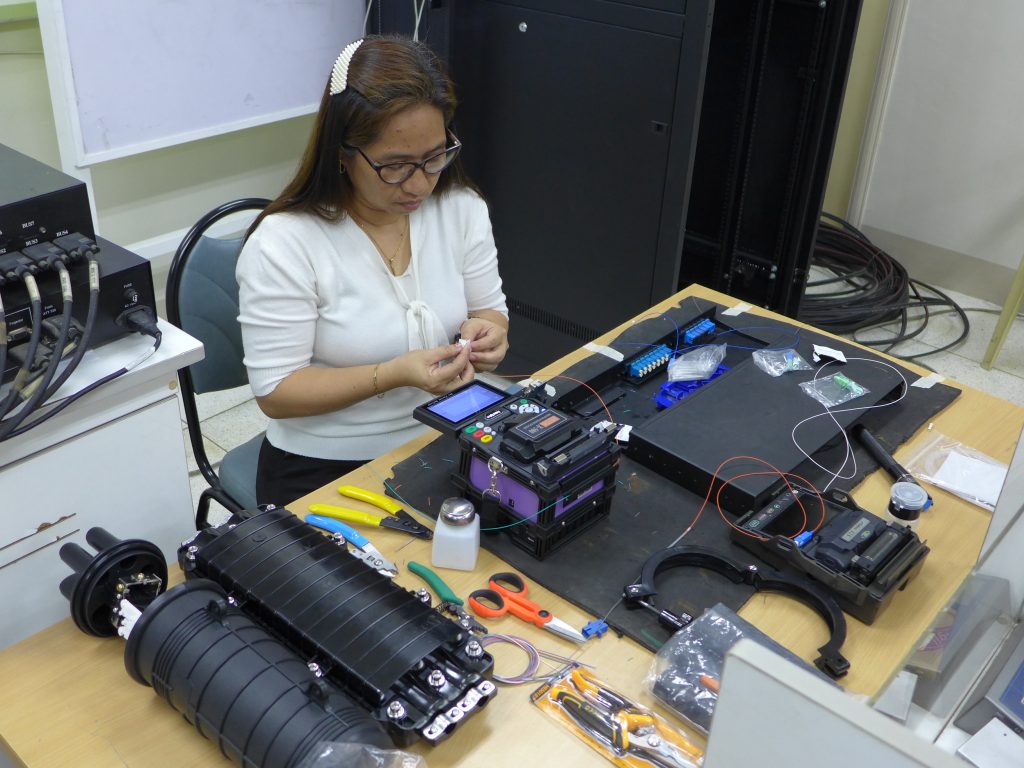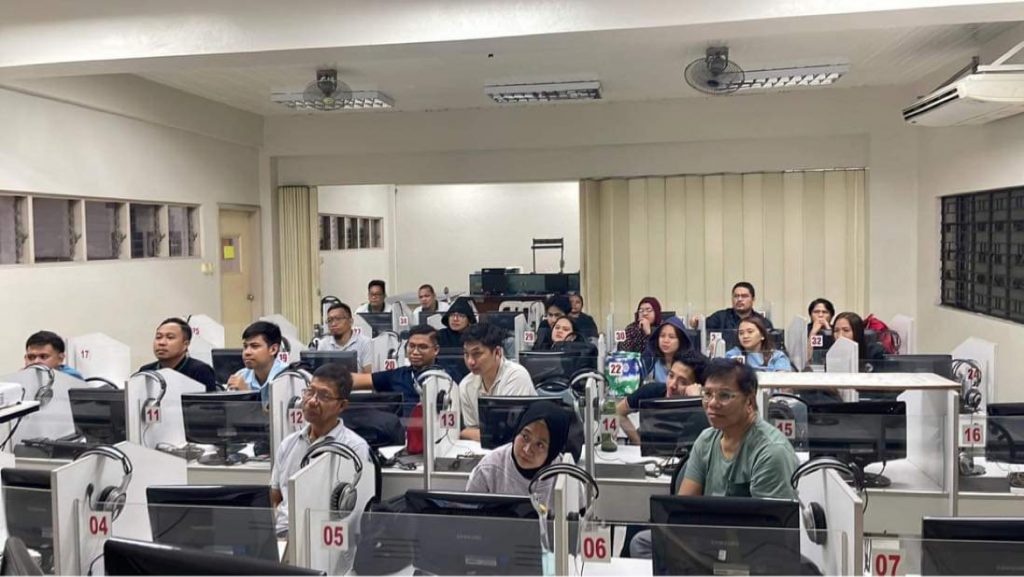Introduction
•Overview of Optical Communication technology and Its History
•Advantage of Optical Fiber over the Copper cabling.
•Basic principles of light propagation in optical fibers.
Fiber Optic Safety
•Safety procedures and precautions while working with optical fiber.
•Understanding laser safety.
•Handling and disposing of optical components.
Fiber Optic Components
•Different types of fiber and its used (Singlemode and multimode)
•Types Connector and termination
•Types of Splices
•Optical Transmitter and receivers
Optical Network Architectures
•Introduction to various fiber optic network topologies (point-to-point, ring, star).
•Passive Optical Networks (PONs) and their applications.
•Understanding wavelength division multiplexing (WDM) and dense WDM (DWDM).
Loss Budget/Power Budget Calculation
•Standard and Typical component losses
•Transceiver power budgeting
•Sample Case study
Hands on Activity
•Proper handling of Tools and Equipment
•Connector Termination (Mechanical connector)
•Fiber Optic cable termination and preparation
•Mechanical and Fusion Splicing
Installation Method and Maintenance
•Industry standard handling and installation method
•OSP cabling installation
•Premises Cabling installation
•Maintaining the quality of Fiber Optic Cables
Testing Equipments
•Inspection Microscope (Handheld and Videoscope)
•Visual Fault Locator
•Power Meter
•Laser/Light Source
•Optical Time Domain Reflectometer
Testing and Troubleshooting
•Connector Inspection using Microscope
•Fault tracing using Visual Fault Locator
•Power testing using Optical Power Meter
•Insertional Loss testing
•Fiber Troubleshooting using Optical Time Domain Reflectometer
Long-distance and Hi-Speed Backbone Transmission...

Course Overview
This Fiber Optic Technician training provides fundamental principles, technologies, and practical aspects of fiber optics. It comprises 30% theory and 70% hands-on activities, suitable for beginners, technicians, IT personnel, engineers, and anyone interested in understanding fiber optic technology across various applications.
Training Blogs
Enroll now!
Please fill out the form below to receive more details about the course and enrollment process.

